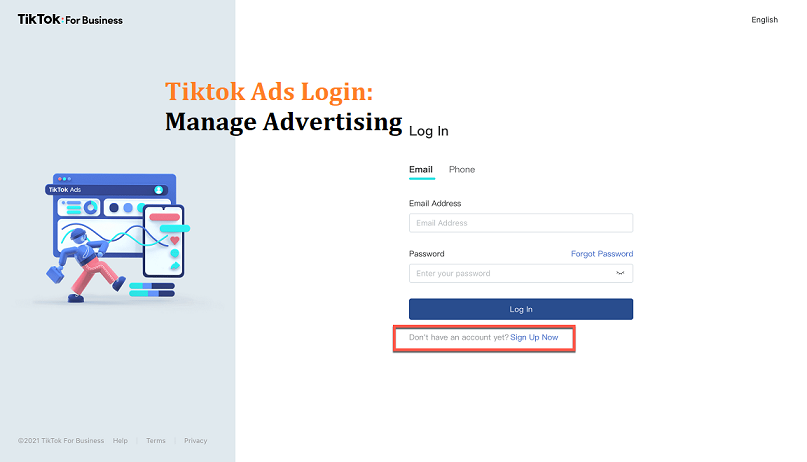Mini importation business is a small-scale importation done with little money. It generally involves importing goods from manufacturers or wholesalers authorized to import. It is one of the flexible businesses one can start with a small amount of money and is generally very lucrative.
In Nigeria, many vendors are already open to individuals who wish to start a business and have little or no capital. Imagine investing 50,000 for a business, and the return on investing (ROI) is double like soaked-Garri. Some trusted individuals who may not have capital but are close to or working with vendors (e.g. importation agents) are also looking for passionate fellows to begin partnerships.
In this article, let me work you through the best international markets in Nigeria for a mini importation business and the processes of starting an importation business with little or no capital.
What Does Mini Importation Business in Nigeria Mean?
Many individuals sell the most sought-after products in their community or environment by ordering them from a known market at a cheaper rate. The intent is to ensure individuals in the neighbourhood get in touch or access these products whenever needed at a fee. Therefore, a mini importation business means ordering most sort-after products and making them available to consumers at a fee to make income.
Suffice it to say this business is lucrative as it deals directly with consumers who need them at a time.
Who Needs These Products?
Simply the consumers.
How Do I Start a Mini Importation Business in Nigeria
Generally, not only in Nigeria, to start an importation business, you must have in mind the people interested in the products. Let’s say you have 50,000, and maybe you are a student who meets with people interested in fashion and looks good at daily outings. You may decide to start a Lagos Market research to look for beautiful outfits that entice individuals for an occasion. Next, buy the products and make them available to those individuals at a fee while you profit.
To start importation in Nigeria, do the following;
- Start by Researching what the people need the most
- Own a computer or mobile device that will help in communication and research of more products
- Get familiar with the markets selling your desired products.
- Own a little start-up capital. If you do not have capital, start from your neighborhood with vendors who know and trust you.
- Create and maintain a good contact list.
- Find affordable shipping methods.
- Choose a good logistics company for your dispatches.
- Own a local and international account for easy payments. If you transact with a local account, ensure you own an Opay or commercial bank account (First Bank, UBA, GTB, Access, Union), etc. If you intend to transact internationally, own ALAT, Chipper Cash, Kuda, Geegpay, Payday, Wallets Africa, etc.
- Create a medium to showcase your products for more buyers. Sign up on social media platforms such as Facebook, TikTok, Instagram, Telegram, Jumia, Jiji, Konga, etc.
- Maintain trust and integrity.
How Do I Find the Best International Market in Nigeria for Mini Importation Business
Finding the best markets in Nigeria for mini importation business could be daunting. This could depend on the nature of the products you want to sell. For example, by starting an importation business on local products such as palm oil and lots more, you will find the market within your locality or in the markets most likely to sell such products.
Best Market in Nigeria for Palm Oil
- Mushin
- Daleko
- Oyingbo
- Mile 12.
Best Market in Nigeria for Clothes
- Katangua Market (Ben down market)
- Yaba Market
- Tejuosho Ultra Modern Market
- Oshodi Market
- Bali Market
- Balogun Market
- Aswani Market
- onitsha Main Market, Anambra
Best Market in Nigeria for Jewelries
- Leki Market
- Idumota Market
- Balogun Market
- Tradefair (GL Line)
- Trade fair complex, Badagry Express Road.
- Jumia
- Konga
- Jiji
Best Market in Nigeria for electronics
- Jumia
- Konga
- Jiji
Best Market in Nigeria for Foodstuffs and Provisions
- Aba Market, Abia State
- Obo Annang Market, Akwa Ibom
- Urua Akpan Ndem, Akwa Ibom
- onitsha Main Market, Anambra
Success Tips
Do the Following;
- Research the Market: Understand the demand for various products in Nigeria. Identify niches that are underserved or in high demand.
- Start Small: Begin with a small inventory to test the market and understand the logistics of importing goods.
- Choose the Right Products: Select products that are in demand, lightweight, and not easily perishable. Electronics, fashion accessories, beauty products, and gadgets are popular choices.
- Source Reliable Suppliers: Find reputable suppliers who offer quality products at competitive prices. Websites like Alibaba, AliExpress, and DHgate are common platforms for sourcing products.
- Understand Import Regulations: Familiarize yourself with import regulations, including customs duties, taxes, and prohibited items. Ensure compliance to avoid legal issues.
- Calculate Costs: Consider all expenses, including product costs, shipping fees, customs duties, taxes, and logistics. Calculate your profit margins accurately.
- Provide Excellent Customer Service: Offer prompt responses to inquiries, ensure timely delivery, and promptly address any issues or concerns to build customer trust and loyalty.
- Invest in Marketing: Utilize social media, e-commerce platforms, and other marketing channels to reach your target audience and promote your products.
- Keep Detailed Records: Maintain accurate transactions, expenses, and inventory records to track your business performance and facilitate financial management.
- Stay Updated: Stay informed about market trends, changes in import regulations, and developments in your industry to adapt your business strategies accordingly.
Dont Do the Following;
- Overlook Legal Requirements: Avoid importing prohibited items or neglecting import regulations. Failure to comply can lead to fines, confiscation of goods, or even legal action.
- Rely Solely on One Supplier: Diversify your supplier base to reduce dependency and minimize the risk of supply chain disruptions.
- Underestimate Costs: Consider all costs involved, including hidden fees, when calculating the profitability of importing goods. Underestimating costs can lead to financial losses.
- Compromise on Quality: Prioritize quality over low prices. Selling substandard products can damage your reputation and lead to dissatisfied customers.
- Ignore Customer Feedback: Listen to customer feedback and use it to improve your products and services. Ignoring feedback can hinder your business growth.
- Neglect Marketing: Don’t assume that customers will find your products independently. Invest in marketing efforts to increase visibility and attract potential buyers.
- Overspend on Inventory: Avoid tying up too much capital in inventory. Start with a manageable inventory size and adjust based on demand and sales performance.
- Neglect Shipping and Logistics: Ensure efficient shipping and logistics processes to minimize delays and errors. Poor logistics can lead to customer dissatisfaction and increased costs.
- Fail to Plan for Currency Fluctuations: Consider the impact of currency fluctuations on your costs and pricing strategies. Implement risk management strategies to mitigate currency risks.
- Give Up Easily: Building a successful importation business takes time and effort. Stay persistent and adaptable, and don’t give up at the first sign of challenges.
Last Word
In conclusion, starting a mini importation business in Nigeria requires an intent study of the market trends, the nature of people searching for a kind of product, the market selling the kind of products, the medium of transaction, the capital involved, the attitude and altitude you keep towards the business. Note that the mini importation business is lucrative.







